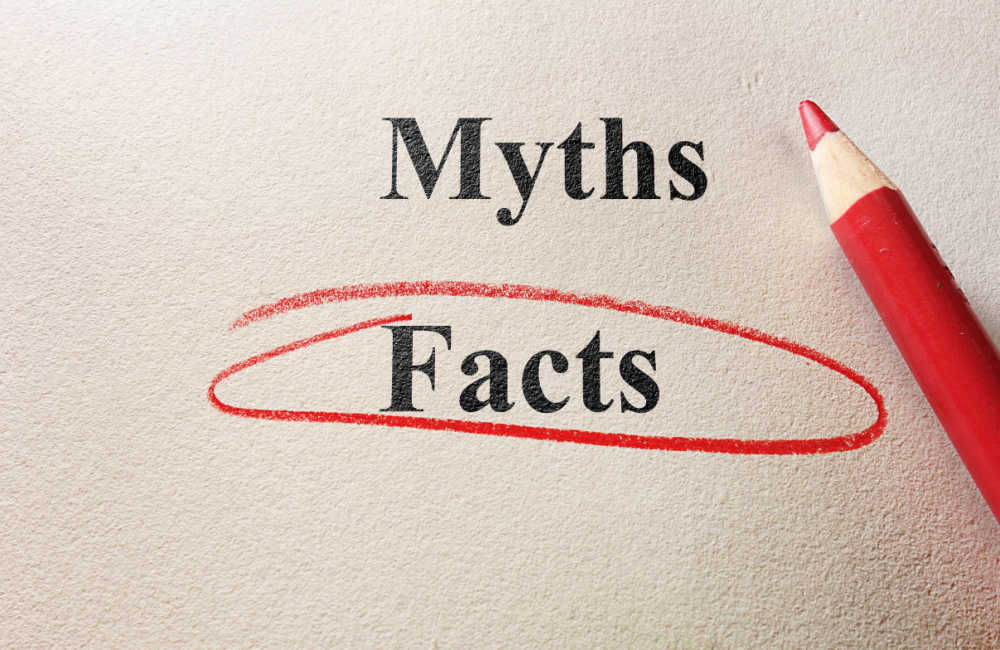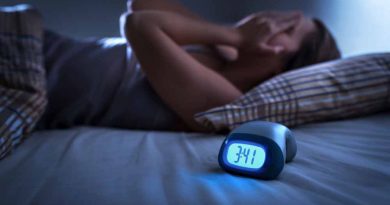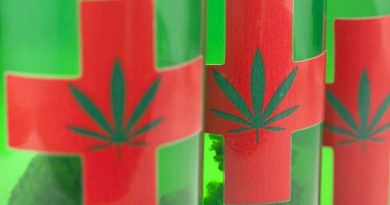Cannabis Not a Gateway Drug, New Study Finds
A new study from the University of Colorado adds to the evidence that cannabis is not a gateway drug. The study found that legalizing recreational cannabis at the state level does not lead to higher levels of illicit drug use or substance abuse disorder.
The study also associated legal recreational cannabis with a reduction in alcohol use disorder.
That finding echoes what researchers have found in cannabis consumption trends, as well as recent opinion surveys in which Americans said cannabis is better than alcohol.
Published recently in Psychological Medicine, the research found that concerns about cannabis becoming a “gateway drug” are unfounded. Researchers found that legal recreational marijuana does not lead to increased use of other, illicit drugs. They also found no connection between legal cannabis and increased levels of cognitive, financial, psychological, relationship, and problems.
“We really didn’t find any support for a lot of the harms people worry about with legalization. From a public health perspective, these results are reassuring,” the study’s lead author, Stephanie Zellers, a graduate student at the university’s Institute for Behavioral Genetics, said in a news article from the university.
Data on Twins Helped Determine Impact of Cannabis Legalization
Working with researchers from the University of Minnesota, Zellers and other University of Colorado researchers used data to study about 4,040 twins. The data came from the Institute for Behavioral Genetics and the Minnesota Center for Twin Family Research.
Researchers first assessed the twins in adolescence and then between the ages of 24 and 49. As adults, the twins resided in states with different cannabis policies. The study involved testing the “effect of legalization on outcomes of interest and whether legalization interacts with established vulnerability factors (age, sex, or externalizing psychopathology).”
They found that the twins living in states with legal cannabis used marijuana 20 percent more frequently than their counterparts in states with minimal legal cannabis available. But while they found more frequent use among twins living in legal recreational marijuana states, they also found that data indicated cannabis is not a gateway drug. They uncovered no connection to increased cannabis use disorder or increased use of illicit drugs.
In all, researchers investigated 23 different measures of psychosocial distress, including use of alcohol, cocaine, heroin, financial distress, psychotic behavior, unemployment and the state of relationships at home and at work. ““We included everything we had data on with the goal of getting a well-rounded look at the impacts on the whole person,” Zellers said in the news article. “Big picture, there’s not much there.”
Reduced Alcohol-Related Problems
The study also found that twins living in legal recreational marijuana states had reduced instances of alcohol use disorder. Researchers specifically found that they were less likely to engage in risky behaviors after consuming alcohol, including driving while intoxicated.
The researchers cited past studies showing that cannabis legalization may lead to decreased use of alcohol and less opioid consumption, as well as a reduction in the physical health issues associated with both.
Zellers said she hopes the research helps move the conversation about legal recreational cannabis past whether it’s good or bad and instead place the focus on who may be at risk and who can benefit from cannabis so that “people can make informed choices.”




